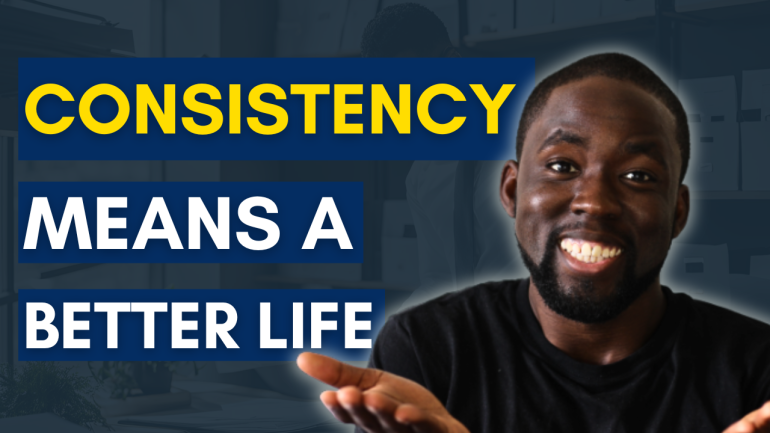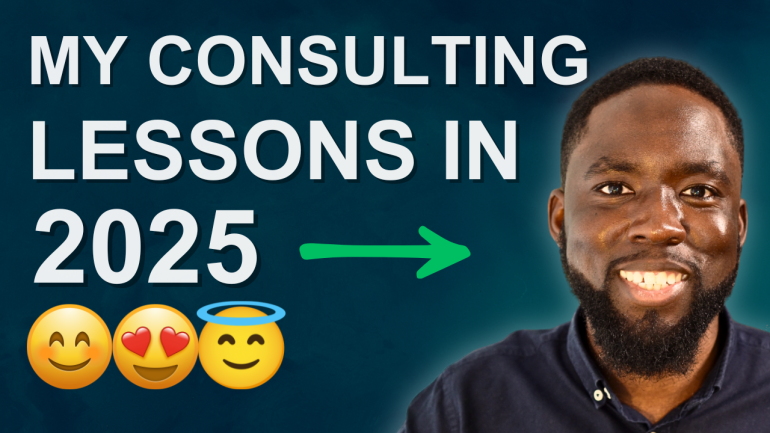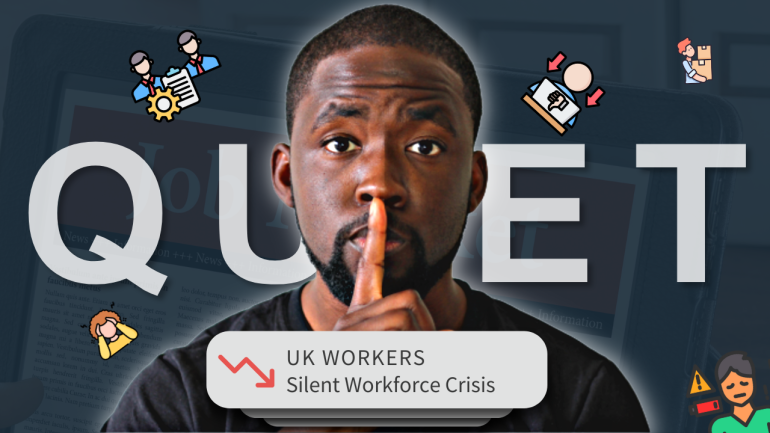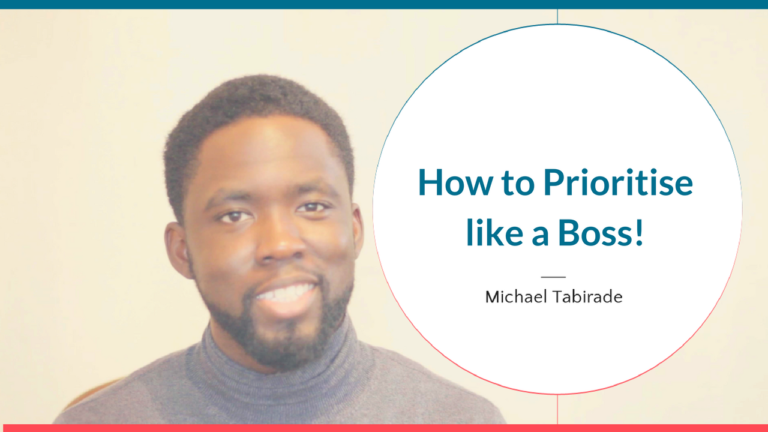Learn How to Balance Multiple Roles Like a Boss (Whilst Avoiding Burnout)
Are You Juggling Too Much? Here’s How to Stay in Control
Ever felt like you’re spinning too many plates at once? One moment you’re working on a client project, the next you’re mentoring a colleague, and before you know it, you’re squeezing in family time while checking emails. It’s easy to feel like you’re constantly in motion but never quite getting anywhere. Balancing multiple roles isn’t about doing more; it’s about managing smarter.
Through my own journey as a programme management consultant, entrepreneur, and mentor, I’ve learned that structure, mindset, and strategic decision-making are key to keeping everything in check. Let’s break this down into practical, actionable strategies to help you wear many hats without burning out.
1. Understand Your Roles and Their Emotional Weight
Problem: Not all roles are equal; some demand more time, others drain your energy, and some bring fulfillment. The key is identifying where your energy is going.
Action: Create a Role Map by listing your roles and rating them based on:
- Time Commitment (How much time does this role require?)
- Energy Investment (How mentally and physically demanding is it?)
- Emotional Load (Does it bring fulfillment or frustration?)
Once you’ve mapped it out, reassess roles that are draining you. If something costs you more energy than it gives, it may be time to adjust or step away. Awareness is the first step to intentional action.
Result: A clearer picture of your priorities and how to realign your time and energy with what truly matters.
2. Prioritise with Purpose, Not Guilt
Problem: Trying to give equal attention to every role is neither realistic nor sustainable. Prioritisation isn’t neglect; it’s strategy.
Action: Focus on purpose-driven prioritisation. Use the Eisenhower Matrix to categorise tasks:
- Urgent & Important – Do it now.
- Important but Not Urgent – Schedule it.
- Urgent but Not Important – Delegate/Automate it.
- Neither Urgent Nor Important – Eliminate it.
Saying no to low-priority tasks means saying yes to what truly matters. Free yourself from guilt; your well-being should be a priority too.
Result: More time, less stress, and greater focus on what moves the needle.
3. Build Emotional Resilience Through Self-Awareness
Problem: Burnout often comes from emotional exhaustion, not just workload. Developing emotional intelligence (EQ) helps manage stress and stay balanced.
Action: Strengthen your EQ through daily reflective journaling:
- Recognise Triggers – Identify what causes stress or frustration.
- Manage Responses – Find better ways to react to challenges.
- Communicate Effectively – Learn when to step back and when to engage.
Spend 10 minutes each evening reflecting on how you handled situations that day. Small changes in awareness lead to big shifts in mindset.
Result: Increased resilience, better stress management, and more intentional decision-making.
4. Master the Art of Boundary Setting
Problem: When roles start bleeding into each other, it leads to overwhelm. Clear boundaries keep everything in its place.
Action: Set firm yet flexible boundaries:
- Use Time-Blocking – Allocate specific hours for work, family, and self-care. Example: Designate 6–8 PM as family time and stick to it.
- Communicate Boundaries Clearly – Let people know when you’re unavailable.
- Protect Your Time Without Apology – Boundaries aren’t selfish; they’re necessary.
Result: More structure, fewer distractions, and a better work-life balance.
5. Leverage Systems and Tools for Efficiency
Problem: Managing multiple roles manually is exhausting. Systems and tools can free up time and mental space.
Action: Work smarter, not harder with these tools:
- Task Management: Trello or Notion for visual workload organisation.
- Time Tracking: Toggl to monitor where your time actually goes.
- Automation: Zapier for streamlining repetitive tasks.
- Routines: Meal prepping on Sundays to reduce midweek decision fatigue.
Result: Less stress, more productivity, and greater clarity in your daily routine.
6. Cultivate a Support Network
Problem: No one succeeds alone. A strong support network provides both emotional and practical help.
Action: Identify your go-to people for different areas:
- Career Advice – A mentor who’s been where you want to go.
- Emotional Support – Friends or family who uplift you.
- Practical Help – Someone to lean on when you need assistance.
Asking for help is not a weakness; it’s a strength. Surround yourself with people who encourage and support your growth.
Result: A reliable support system that lightens your load and keeps you motivated.
7. Schedule Regular Self-Care and Reflection
Problem: If you don’t prioritise yourself, burnout is inevitable. Self-care is a necessity, not a luxury.
Action: Make self-care non-negotiable:
- Block out ‘Me Time’ – Schedule a morning walk, meditation, or quiet reading.
- Quarterly Life Audits – Reflect on your balance and make necessary adjustments.
- Listen to Your Body – Rest before exhaustion forces you to.
Result: A more balanced and refreshed version of yourself.
Bonus Tip: Embrace Imperfection and Celebrate Progress
Problem: Striving for perfection leads to frustration. Progress, not perfection, is the real goal.
Action: Shift your mindset by celebrating small wins:
- Write Down Three Weekly Wins – No matter how small, acknowledge progress.
- Recognise That Balance is Dynamic – Some days, one role will need more attention. That’s okay.
- Celebrate Milestones – Acknowledge achievements like finishing a project, spending quality family time, or sticking to a self-care routine.
Result: A more positive, forward-moving approach to life and work.
Final Thoughts
Balancing multiple roles isn’t about doing everything; it’s about doing the right things efficiently. The key is clarity, structure, and self-awareness. When you manage your time and energy with purpose, you can show up fully in every role that matters to you.
Take the first step today. Choose one strategy and put it into action. Small, intentional changes will make a big difference in how you navigate your responsibilities; whilst avoiding burnout.
Remember always: Understand, reach, and expand. Peace.







